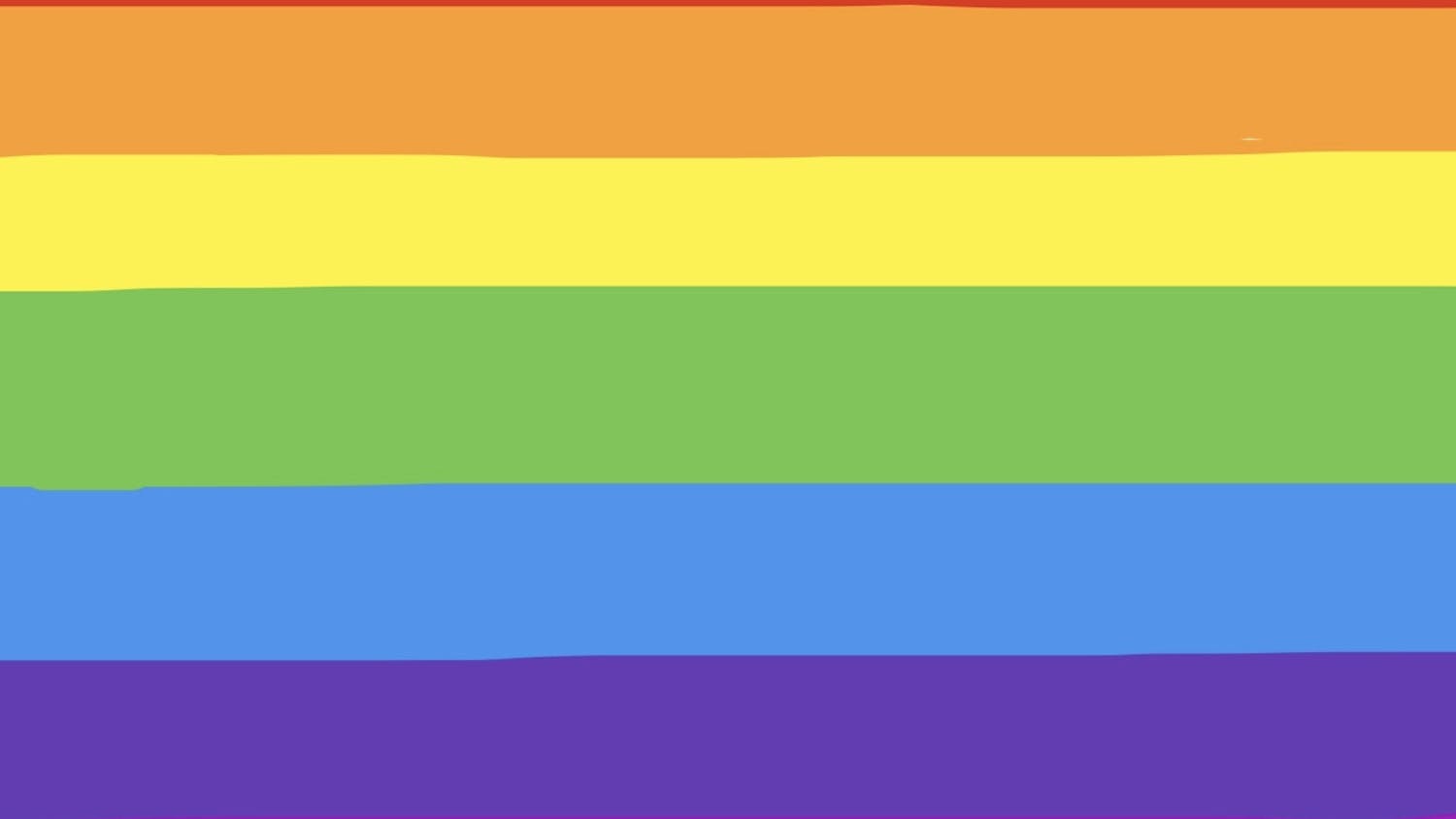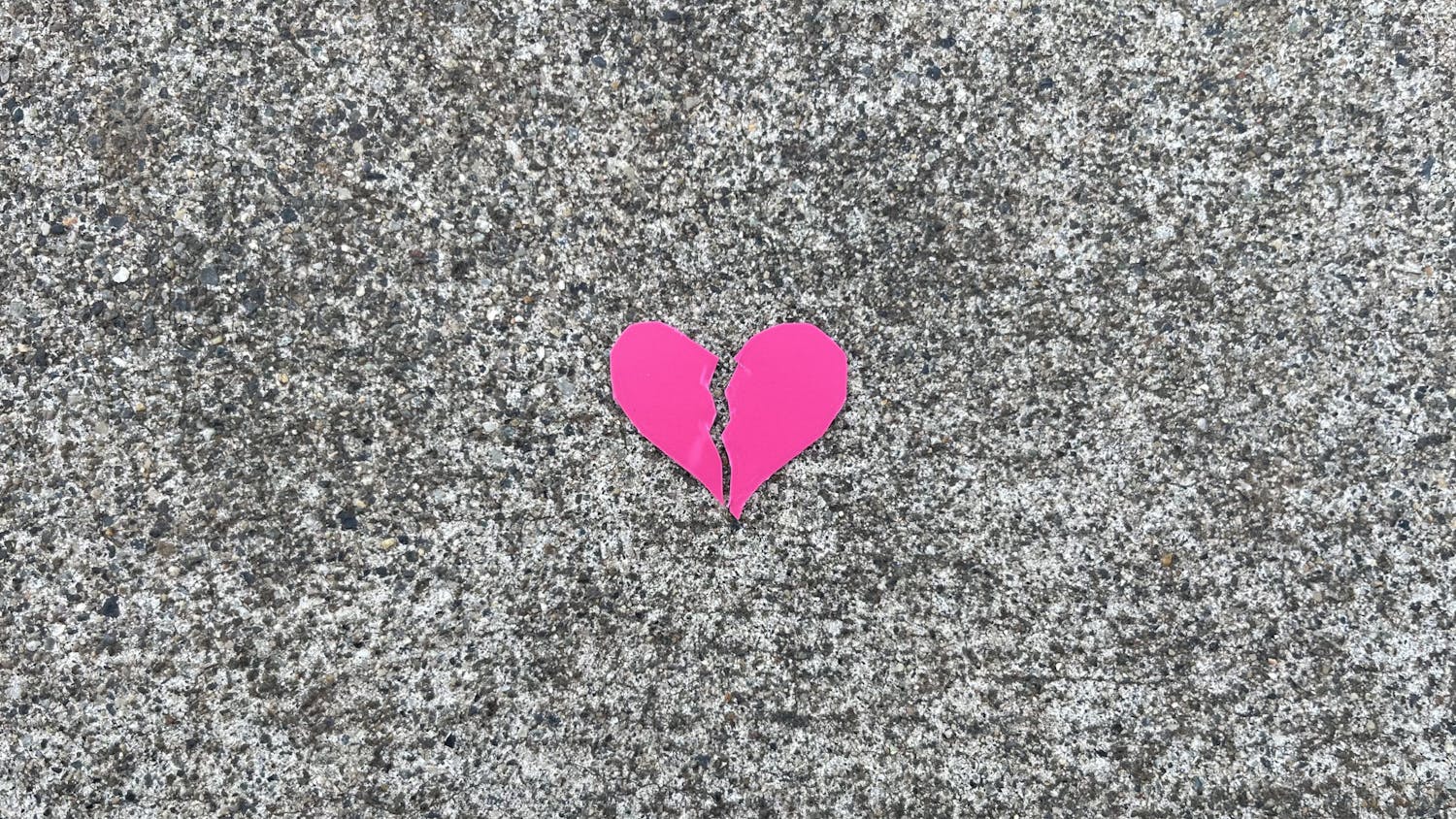Students hunched over the screen of their cellphone or laptop. It's a familiar sight.
While some of us take notes or study, others surf the World Wide Web. We sit in every lecture and line every hall. Our necks are sore, our fingers tired.
Dry-eyed
Some say it was prehistoric Europe. Others argue the Hindu-Malayan empires. No matter the specifics, communication is fundamental to our existence. We make sense of the world around us by interacting with others — sharing ideas, competing, laughing or crying.
Whether it takes place via spoken word, song, hieroglyphic, quill, typewriter or touchscreen, we all participate in the dance that is communicating.
The country we live in calls for the free flow of ideas. However, this free flow is experiencing some congestion in the form of social media anonymity.
Anonymous social platforms have burst a door wide open. This is a door leading to uninformed opinions, cruel judgments, irresponsible reactions and untruths of all shapes and forms.
It is important to be able to say what you think and feel — absolutely. But where is the line drawn? How far is too far down the road of personal opinion?
An uprise in controversies fueled by platforms such as Yik Yak, Reddit, 4Chan, YouTube and the list continues, have drawn our attention toward the power of anonymity. A search through the deepest, darkest and time-consuming corners of these sites will show students who have pressing concerns about the issues our campus faces, but these voices are not heard in panels or on committees made up of the students who are creating them. And then there are the comments that point fingers at people or groups and offer no educational or social value.
We are talking about comments with no constructive criticism. You know, the ones that support no thoroughly executed thought process, and maintain little to no political, artistic or spiritual value. They are bashful, spiteful and reaching desperately for nothing more than ill-willed reactions.
These comments do not offer solutions to the issues of our time. Their credibility is lacking because they are not attached to an identity with a name. And those who are posting them are abandoning all responsibility for their own thoughts, feelings and actions.
If you have something to say, is it too much to ask that you are accountable for it?
No, it is a reasonable standard to follow.
Badly postured
An example of the achievable ridiculousness with anonymous online social media use can be seen in the case of Popular Science, a publication who, in 2013, banished comments from its website.
“The editors argued that Internet comments, particularly anonymous ones, undermine the integrity of science and lead to a culture of aggression and mockery that hinders substantive discourse,” reported the New Yorker in their October 2013 article titled “The Psychology of Online Comments.”
And these commenters are not few, but many.
A 2013 Pew Research Center study on online anonymity, titled “Anonymity, Privacy, and Security Online,” revealed 25 percent of adult Internet users have sought anonymity when posting comments. This number shows people value anonymity, which can be necessary in some cases.
Though, for the most part, this namelessness is not necessary. People who engage in social media should do so with the understanding they are responsible for their actions and share their thoughts with that sentiment in mind.
Anonymity is a tool that should be used wisely and without even a hint of excess. Abuse of this tool has and will continue to cause increased bullying while wasting the valuable mental space of our youth.
When one feels they have something to say there should not be hesitation in owning it without fear of being criticized. This, of course, can only take place when one is ready to defend their thoughts with a fully developed idea or concept.
A name is a stamp of credibility. If someone is inclined to share their critiques, then they should be prepared to start a conversation with those they are being critical of.
As students, we have the power to speak up for what we believe in most and we need to be doing so with ownership of our thoughts and feelings. Face to face, looking each other in the eye and finding understanding for similarities and differences in opinion.
We can put all of that hunching over our screens to use and seek information that will allow us to start panels and create spaces for discussion. We are able to use communication — one of our most natural and powerful capabilities — to petition and represent our thoughts and feelings.
Most importantly, we need to make our voices matter.





